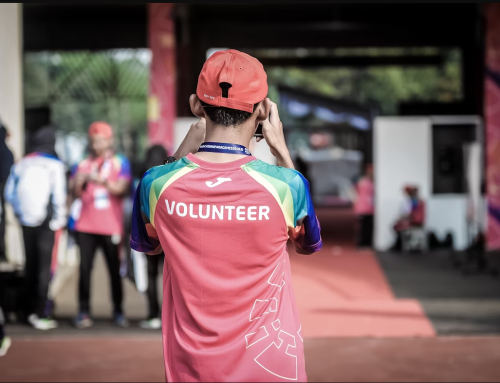Getting a driver’s license is an important step towards independent living and personal responsibility. But the joys of the open road come with risks for teens who need to prepare themselves practically and psychologically before they turn the key. By reflecting on the following questions, teen motorists can acquire the competence and perception needed to remain safe, protect others, and handle surprises as they drive beyond high school
Do I Know What to Do If I’m in an Accident?
Newly licensed motorists pay attention to learning the driving mechanics, like steering, shifting, and signaling, but they often underestimate how things escalate once they find them in a crash. It’s essential to learn how to behave because those first few minutes following a collision dictate where things will go next.
Teens need education on how to secure the perimeter, ensure passengers’ well-being, swap information with other motorists, and note details through photographs or notes. Just as valuable is learning when professionals need to be brought into the process. Though few hope to need legal counsel, keeping the contact information of a Fort Lauderdale car accident lawyer handy is reassuring and provides clear directions if the collision involves injuries or property damage.
This knowledge saves you from panicking and teaches you how to properly inform the insurer. Similarly, the information saves you from falling into the common traps like missing claim deadlines or submitting statements that jeopardize reimbursement.
Am I Confident in My Ability to Anticipate Hazards?
Being on the road means you have to learn how to anticipate possible hazards, such as sudden lane changes by other drivers, pedestrians showing up from nowhere, and so on. For a teen driving to night classes or weekend dates, identifying environmental and human factors becomes even more important.
To be on the safer side, you must scan ahead for brake lights, adjust your driving based on the weather conditions, and set your mirrors to check for blind spots more effectively. Understand that most fatal crashes occur after dark, which is why you must stay prepared, as it helps compensate for inexperience.
Teen drivers should practice the route in their minds, think about dangerous intersections, and drive slowly through unfamiliar areas. In short, you must do your best to avoid common mistakes by trying not to be overconfident and everything will work out just fine.
Have I Budgeted for All Associated Costs?
Aside from the cost of fuel and regular maintenance, car ownership demands additional money for insurance premiums, deductibles, tickets, and surprise repairs. For college students budgeting between tuition and living expenses, neglecting these financial responsibilities can cause gaps in coverage or an inability to make the needed repairs in a timely fashion. It’s vital to know the answer to this question because many teen motorists frequently underestimate how quickly these expenses pile up, causing them to fall behind in their payments or drive without coverage.
It’s equally important to understand the scope of your policy, including liability limits, collision versus comprehensive coverage, and what discounts you qualify for. It’s a good idea to take your parents or agent along and go through every line item of your policy, opt into automatic bill pay or reminders, and have some emergency funds handy just in case things don’t go as planned.
Endnote
Asking the right questions before you start driving can save you from a lot of hassle. Be sure to educate yourself about how to anticipate hazards and what to do if you find yourself in an accident. This knowledge will help you develop the discipline needed for a lifetime of safe driving beyond high school.






